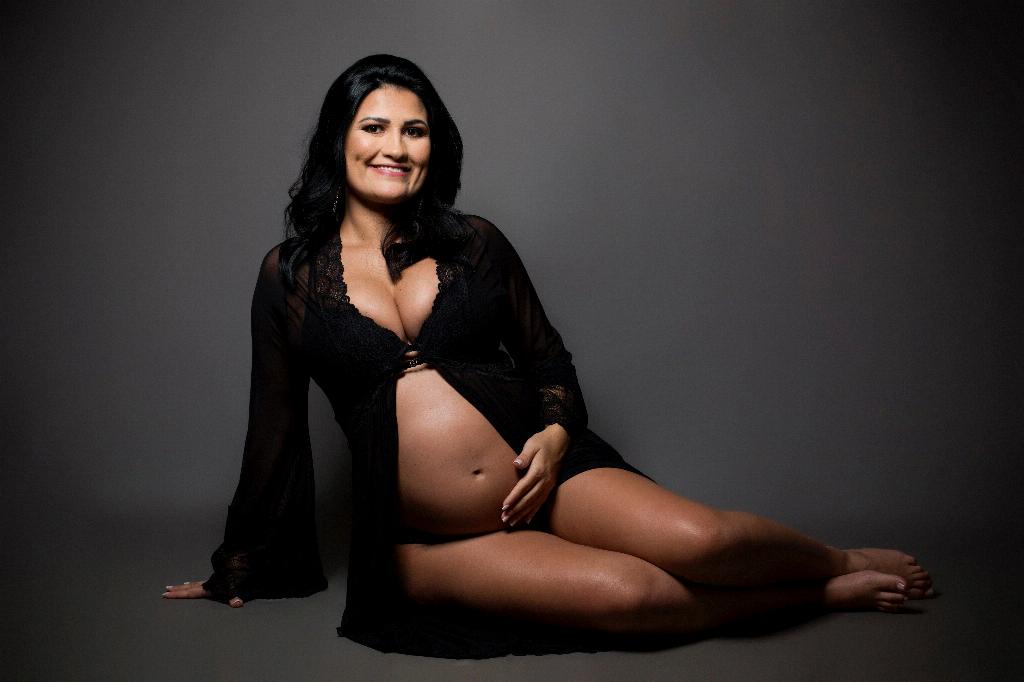When it comes to the safety of riding roller coasters while pregnant, there are several factors to consider. Roller coasters are known for their rapid starts, stops, twists, and turns, which can result in jarring motions that may not be suitable for expectant mothers. One of the primary concerns is the excessive pressure placed on the abdomen, which could potentially lead to complications such as placental abruption.
It’s essential to prioritize the well-being of both the mother and the unborn baby during pregnancy. While roller coasters can be thrilling and exhilarating for many individuals, the potential risks associated with riding them while pregnant should not be taken lightly. The safety and health of the pregnancy should be the top priority, and avoiding activities that could jeopardize this is crucial.
Moreover, the intense and sudden movements experienced on roller coasters can be uncomfortable and unsettling for pregnant women. Nausea and dizziness are common side effects of these rides, even for individuals who are not pregnant. Adding pregnancy-related symptoms such as morning sickness to the mix can exacerbate these feelings, leading to a potentially unpleasant experience.
Medical professionals generally advise against riding roller coasters during pregnancy due to the potential risks involved. The impact of the forces exerted on the body during coaster rides, especially those with high speeds and inversions, can be concerning for expectant mothers. The health and safety of the fetus should always be the primary consideration when making decisions about activities during pregnancy.
While some amusement parks may have guidelines or warnings regarding the eligibility of pregnant women to ride roller coasters, it’s essential for individuals to consult with their healthcare providers before engaging in such activities. Medical professionals can provide personalized guidance based on the individual’s health status, the stage of pregnancy, and any specific risk factors that may be present.
Another factor to consider is the potential impact of high levels of adrenaline and stress that roller coasters can induce. Elevated stress levels are generally not recommended during pregnancy, as they can have adverse effects on both the mother and the unborn baby. Maintaining a calm and relaxed state is typically advised for promoting a healthy pregnancy.
Additionally, the safety restraints and harness systems on roller coasters may not be designed to accommodate the unique needs of pregnant women. Ensuring proper restraint and support for the body is crucial for preventing injuries and providing a secure riding experience. Pregnant women may not be able to utilize these safety features effectively, increasing the risk of accidents or complications.
It’s essential for pregnant women to listen to their bodies and prioritize their comfort and well-being above all else. If riding a roller coaster causes discomfort, pain, or unease, it’s best to abstain from such activities. Pregnancy is a delicate and transformative period that requires special care and attention to ensure a healthy outcome for both the mother and the baby.
Ultimately, the decision to ride roller coasters while pregnant should be made with caution and consideration for the potential risks involved. While some pregnant women may feel comfortable and capable of riding coasters, it’s important to weigh the pros and cons carefully and seek guidance from healthcare professionals when in doubt. The safety and health of the pregnancy should always be the top priority.
Overall, it’s advisable to err on the side of caution and avoid riding roller coasters during pregnancy to minimize any potential risks to the mother and the unborn baby. Opting for gentler, more pregnancy-friendly activities can still provide enjoyment and recreation without compromising the safety and well-being of the pregnancy.

